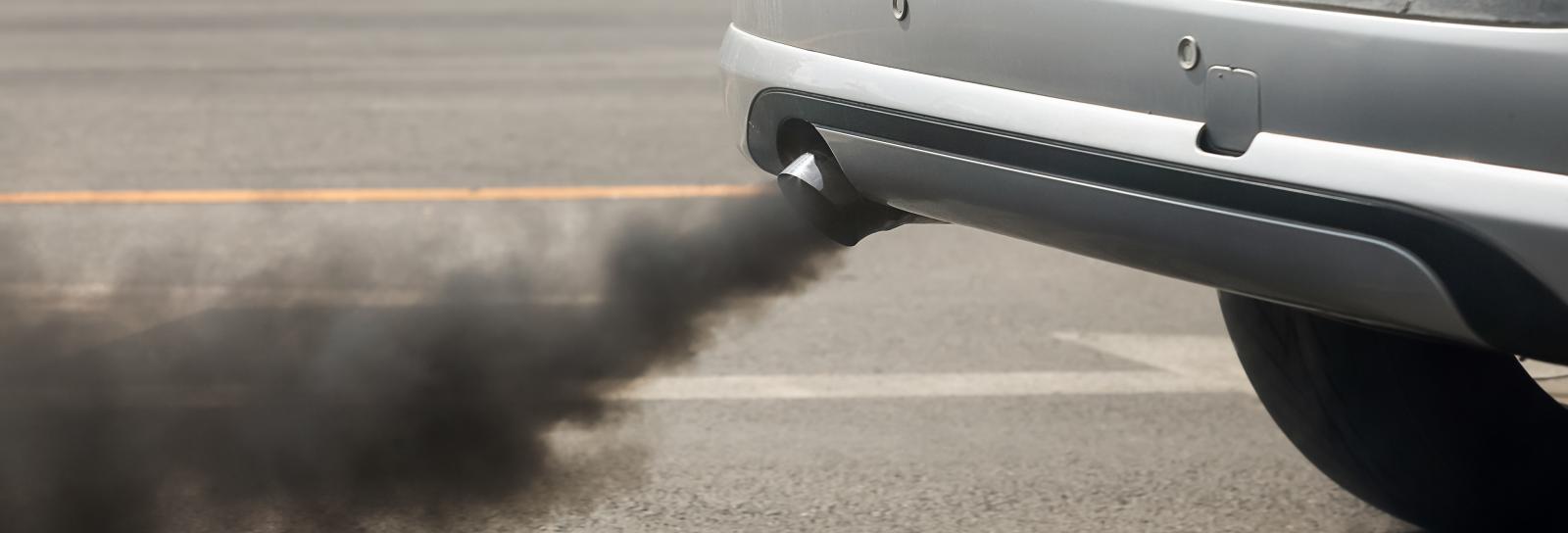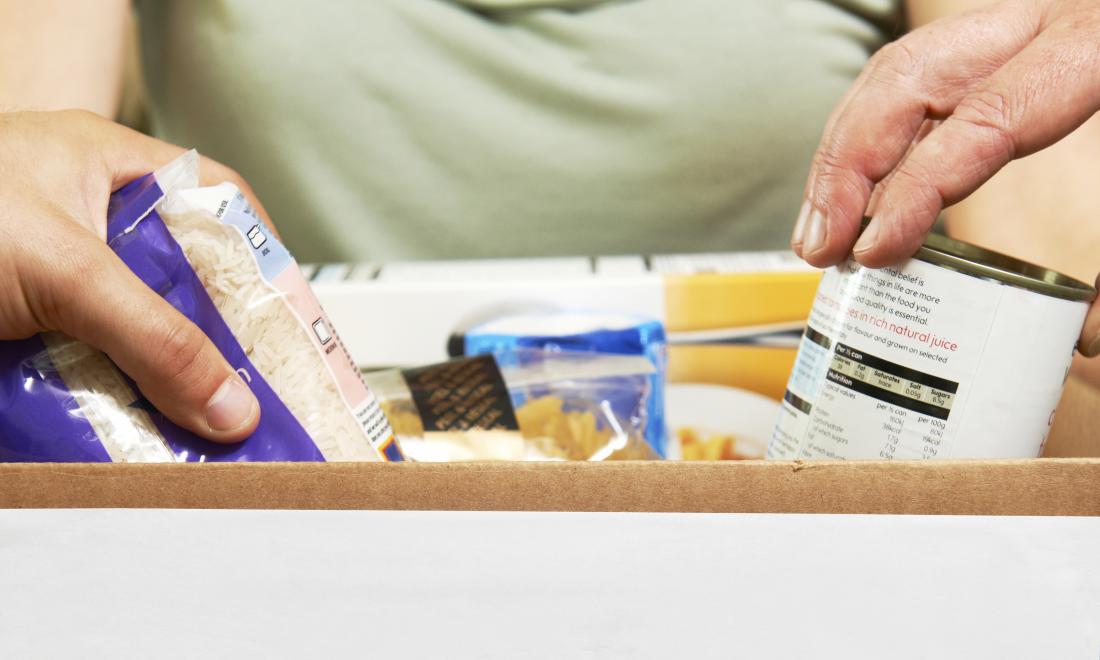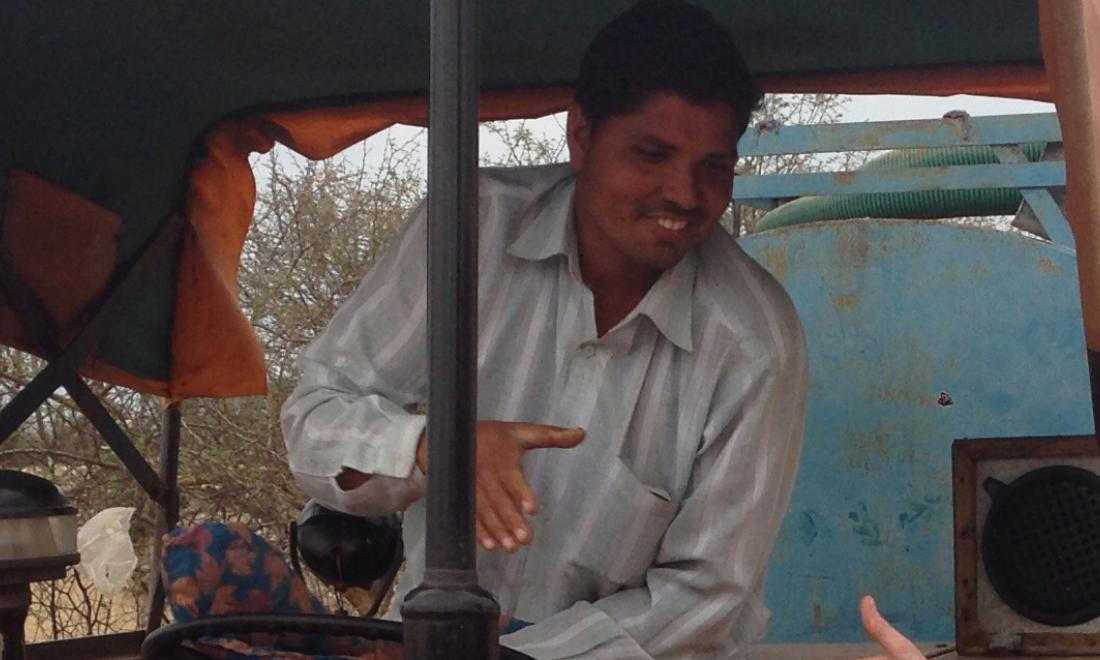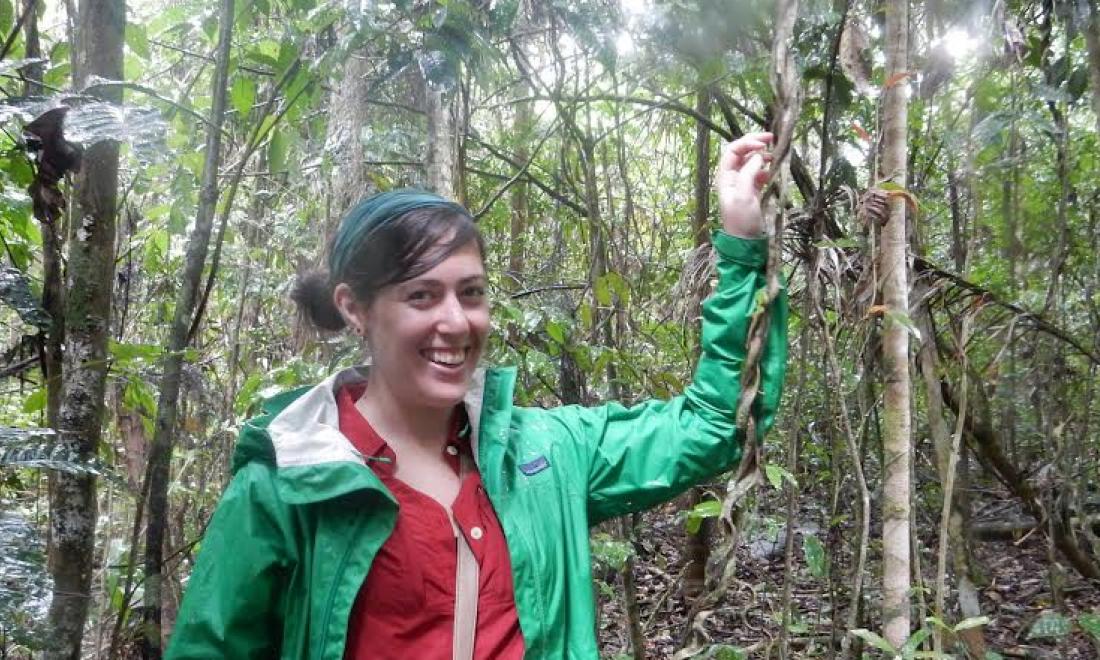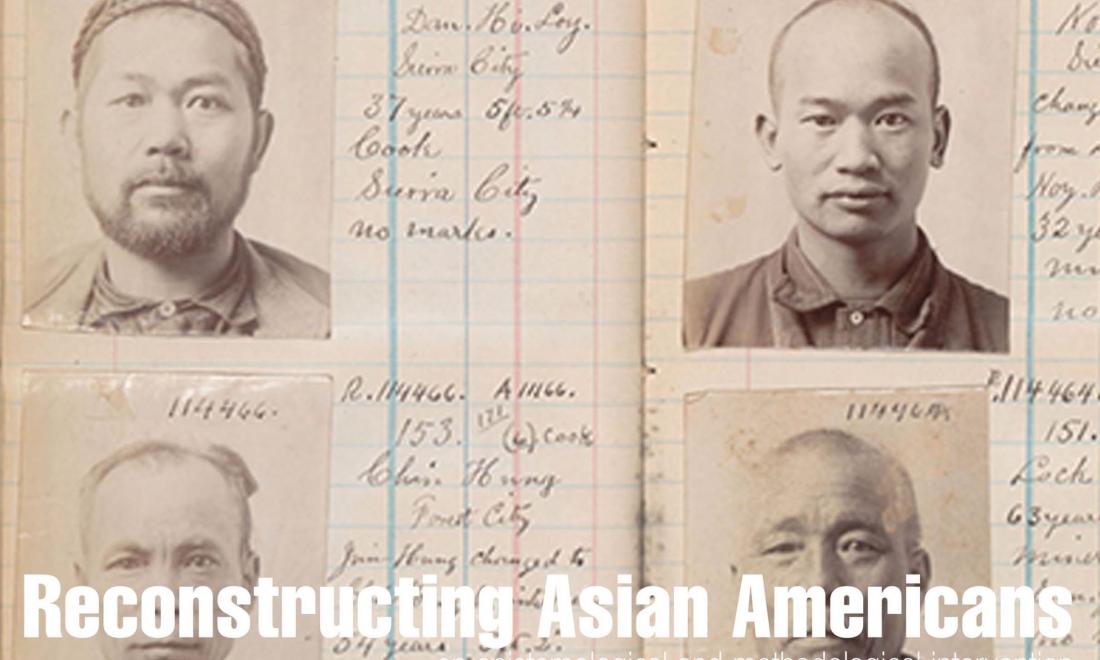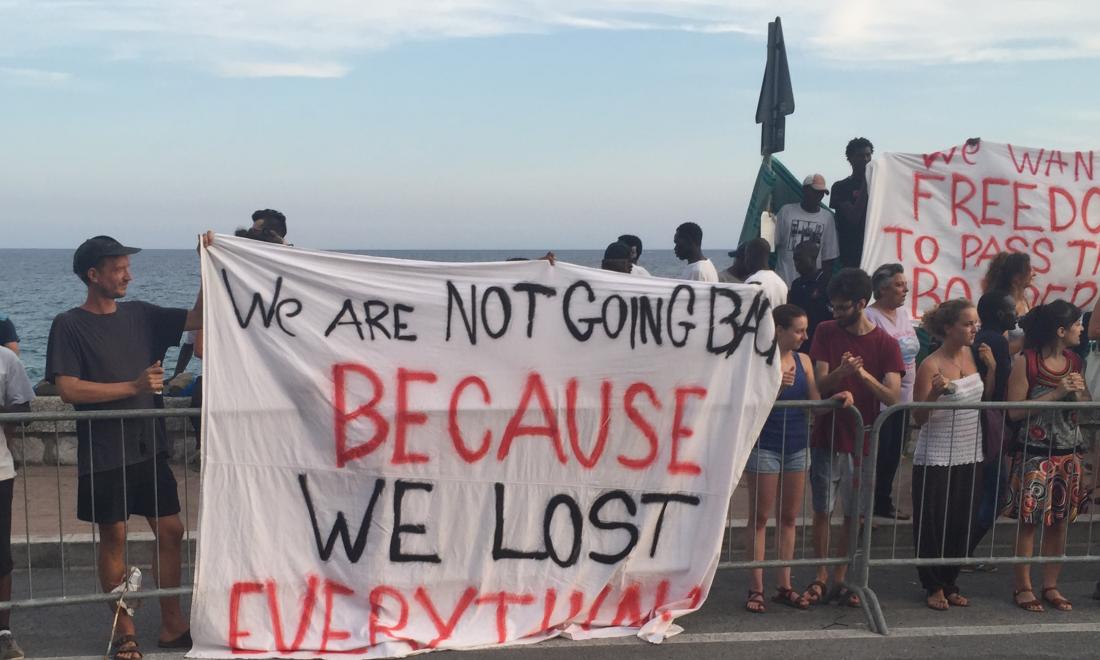Michelle Marcus graduated in 2017 with a PhD in Economics and accepted a position as an Assistant Professor of Economics at Vanderbilt University. She researches the impact of pollution exposure on health. She was an NICHD fellow in 2016-2017. Here she describes her fellowship year.
The fellowship support I received was extremely helpful in allowing me to focus exclusively on my research studying the impacts of pollution exposure on child health and examining how health can be protected through both preventative regulations and the provision of information. Without the responsibilities of a teaching assistantship, I was able to make substantial progress on multiple research projects, travel to conferences to present my findings, and participate in the job market for economists.
Throughout the year, I worked on several research projects. I completed and recently published a paper entitled "On the road to recovery: Gasoline content regulations and child health" in the Journal of Health Economics. Although gasoline content regulations are designed to curb pollution and improve health, their impact on health has not been quantified. By exploiting both the timing of regulation and spatial variation in children's exposure to highways, I estimate the effect of gasoline content regulation on pollution and child health. This paper finds that stringent gasoline content regulations can improve child health, and may diminish existing health disparities.
In addition, I worked on my job market paper, "Going beneath the surface: Petroleum pollution, regulation, and health." This paper quantifies the health impacts of a relatively small but widespread pollution source and explores whether the adoption of preventative technologies can improve health. I estimate the effect of exposure to leaking underground storage tanks on infant health using data on maternal addresses to identify precise proximity to sites, and leak timing data to determine exposure during gestation. Compliance with regulations requiring preventative technologies ultimately succeeded in mitigating the entire effect of leak exposure on low birth weight. Finally, I exploit this unique setting in which residents are unlikely to know about underground leaks to study the impact of information on avoidance behaviors.
Other research projects I've worked on during my fellowship study the effects of in utero conditions on health at birth, such as higher influenza vaccine effectiveness and shocks to food prices.
In addition to allowing me to focus on my research, the fellowship support was very helpful in allowing me to disseminate my research findings through conference participation. I presented my research at several conferences, including the American Society of Health Economists (ASHEcon), the Population Health Sciences Research Workshop (PHS2016), and the Society of Labor Economists (SOLE) conference. Over the summer I will present at the International Health Economics Association (iHEA) conference and the NBER Summer Institute.
As a PSTC fellow, I have been exposed to research across many disciplines. Interactions with researchers outside of my field have been valuable in bringing new perspectives to my own work. The PSTC provides a much needed space to collaborate with others, share research, and advance a greater body of knowledge that spans multiple disciplines.
The connections and support I've received from the PSTC have been critical to my success as a researcher and I am deeply grateful to the supportive network I have built in the PSTC community. The comments, feedback, and suggestions I've received from faculty and grad students across many disciplines have been extremely helpful in my research. Not only has the fellowship support helped to advance my research, but my academic career as well. During the last year, I was able to participate in the economics job market. I have accepted a tenure track position as an Assistant Professor in the Economics Department at Vanderbilt University, where I will teach Health Economics in the fall.
My advice for PSTC trainees and future fellows would be to take advantage of the PSTC network, go to seminars, and get started on research early in your grad student career, either through starting an independent research project or working with a faculty member.
